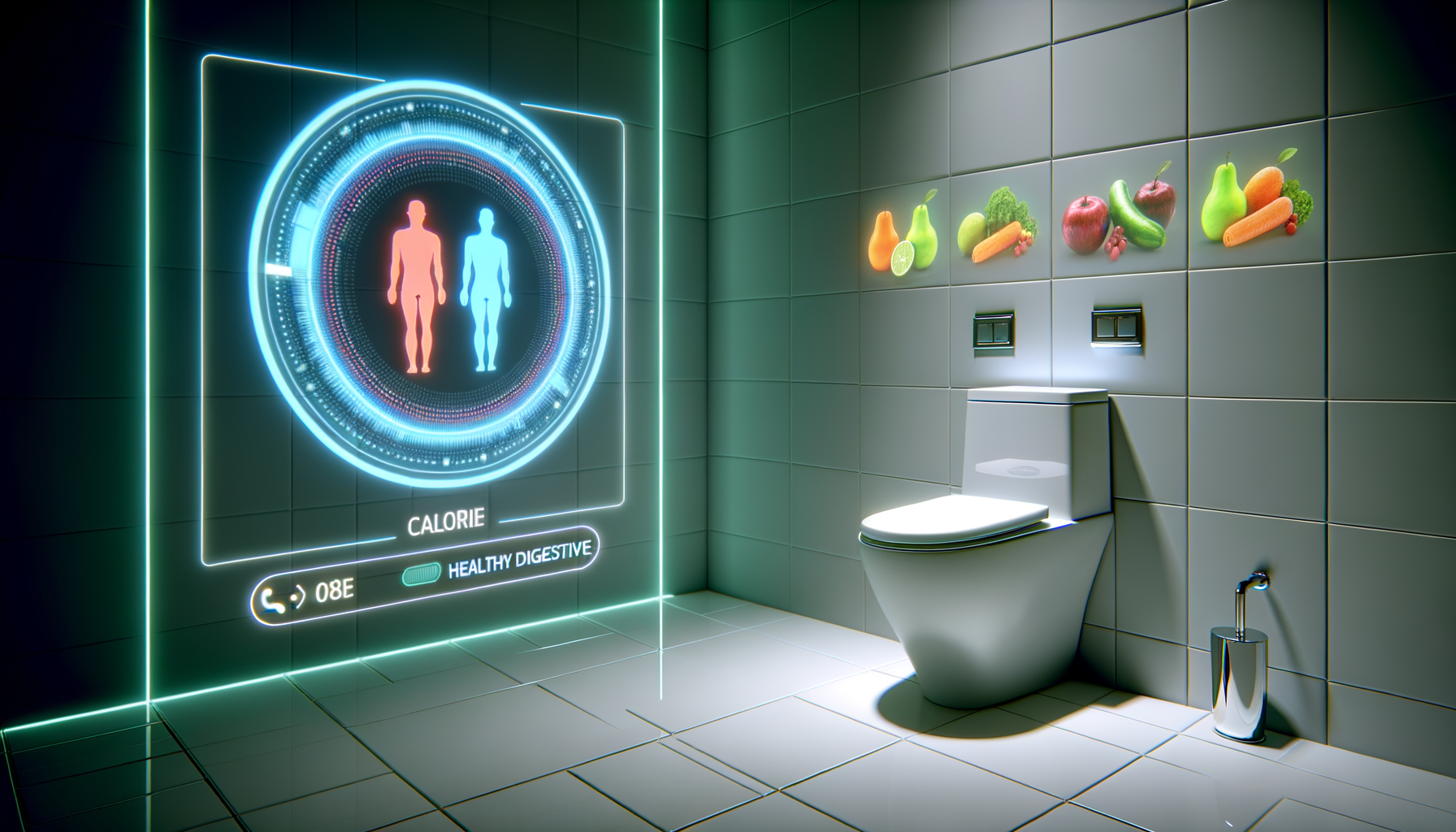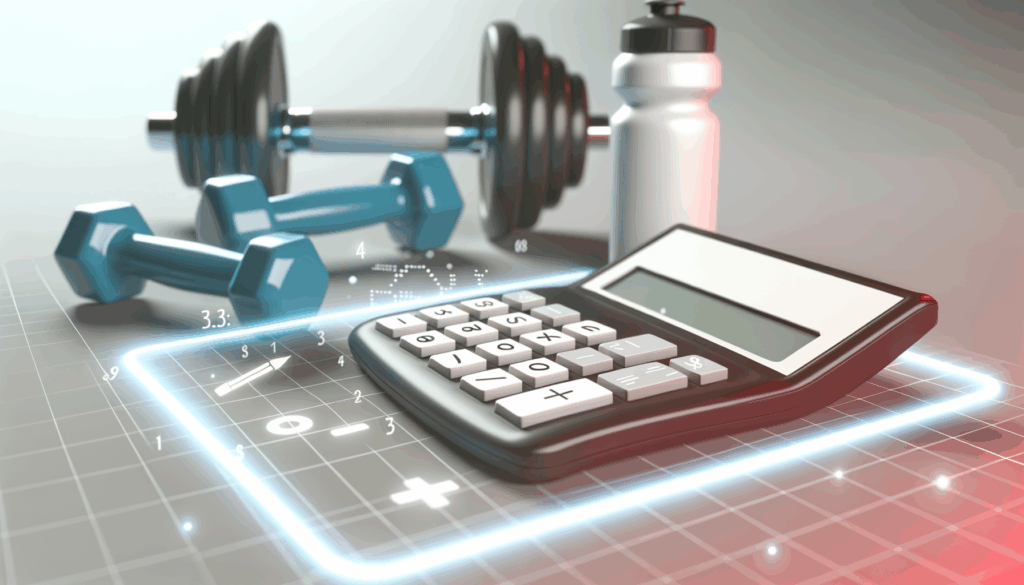Revolutionizing Digestive Health: The Intersection of Smart Toilets and Calorie Data
In the era of precision health, innovative technologies are being developed to monitor and improve various aspects of our well-being. One of the most intriguing advancements is the integration of smart toilets with health tracking systems, including calorie data, to provide comprehensive insights into digestive health. Here, we explore how these technologies can work together to enhance our understanding and management of digestive health.
The Role of Smart Toilets in Health Monitoring
Smart toilets, equipped with advanced technologies such as artificial intelligence (AI), motion sensors, and video analysis, are transforming the way we monitor and diagnose gastrointestinal health issues. For instance, the smart toilet developed by Duke University scientists uses AI to analyze stool images, classifying them according to the Bristol Stool Scale and detecting the presence of blood with high accuracy.
These toilets can be retrofitted into existing plumbing systems, making them accessible for widespread use. They collect data on stool form, consistency, and other parameters, providing gastroenterologists with long-term information that is crucial for diagnosing and managing chronic gastrointestinal conditions like inflammatory bowel disease (IBD) and irritable bowel syndrome (IBS).
Advanced Features of Smart Toilets
Beyond stool analysis, smart toilets are also capable of analyzing urine samples. The Stanford University smart toilet, for example, uses a suite of technologies including motion sensing, video analysis, and urinalysis strips to assess various health markers. This includes measuring urine flow rate, stream time, and total volume, as well as detecting molecular features such as white blood cell count and protein levels. These markers can indicate a range of diseases, from infections to cancers.
Additionally, these smart toilets often include biometric identification systems, such as fingerprint readers and analprint scanners, to ensure that the data collected is accurately associated with the user. This ensures that the health feedback provided is precise and individualized.
Integrating Calorie Data for Comprehensive Health Insights
While smart toilets provide valuable insights into gastrointestinal health, integrating calorie data can offer a more holistic view of digestive health and nutrient absorption. Here’s how this integration can be beneficial:
### Nutrient Absorption Monitoring
By tracking calorie intake through tools like the Calorie Calculator Cloud, individuals can correlate their dietary habits with the digestive health data collected by smart toilets. This correlation can help identify how different nutrients are being absorbed and how they impact gut health. For instance, if a person is consuming a high amount of fiber but the smart toilet data shows consistent constipation, it may indicate poor fiber absorption, prompting dietary adjustments.
### Personalized Dietary Recommendations
Combining calorie data with smart toilet analytics can enable personalized dietary recommendations. If the smart toilet detects irregularities in stool consistency or presence of blood, and the calorie data shows a high intake of certain foods, the system can suggest dietary changes to alleviate these issues. For example, if a person is experiencing frequent diarrhea and their calorie data shows a high intake of dairy products, the system might recommend reducing dairy consumption to see if it improves digestive health.
### Long-Term Health Tracking
Longitudinal data from both calorie tracking and smart toilet analytics can provide a comprehensive medical history. This can help in monitoring the efficacy of dietary changes and treatments over time. For instance, if a patient with IBD makes dietary adjustments based on the combined data, the smart toilet and calorie tracker can monitor the impact of these changes on their gut health, allowing for continuous refinement of their treatment plan.
Case Studies and Real-World Applications
Several studies and pilot programs have demonstrated the feasibility and benefits of smart toilet technology. The Stanford University pilot study, involving 21 participants, showed that the smart toilet could accurately detect various disease markers in urine and stool, including those for cancers and kidney failure. This technology has the potential to be particularly beneficial for individuals who are genetically predisposed to certain conditions and need continuous monitoring.
In another example, the Duke University smart toilet study involved analyzing over 3,000 stool images to develop an AI algorithm that could classify stool form with 85% accuracy. This technology can be especially useful in long-term care facilities where patients may not be able to self-report their conditions accurately.
Future Developments and Integration
As smart toilet technology continues to evolve, we can expect even more sophisticated integrations with other health tracking systems. For instance, the integration of DNA sequencing technology into smart toilets can provide detailed insights into the gut microbiome, allowing for personalized recommendations on diet and treatment based on the user’s unique microbial profile.
Moreover, the use of machine learning algorithms will continue to improve the accuracy and specificity of diagnoses made by smart toilets. These algorithms can learn from user data over time, tailoring recommendations and treatments to individual needs and responses to different interventions.
Conclusion and Next Steps
The integration of smart toilet technology with calorie data offers a powerful tool for managing and improving digestive health. By providing a comprehensive view of both dietary intake and gastrointestinal health, individuals and healthcare providers can make more informed decisions about diet, treatment, and overall health management.
If you are interested in leveraging advanced health tracking tools, consider exploring the Calorie Calculator Plans to see how you can integrate calorie data into your health monitoring regimen. As smart toilet technology becomes more accessible, it will be exciting to see how these innovations continue to transform the field of digestive health.
In conclusion, the future of health monitoring is increasingly interconnected, and the integration of smart toilets with calorie data is just the beginning of a new era in precision health.








